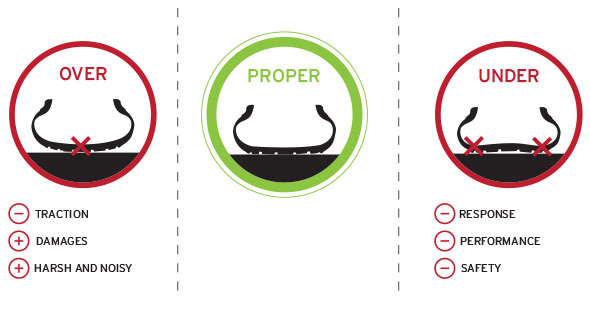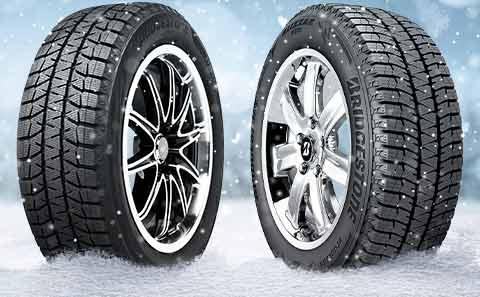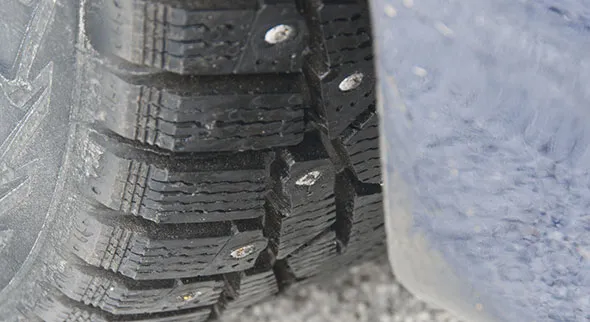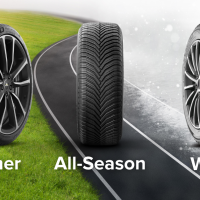Why Do I Need Different Winter & Summer Tires?
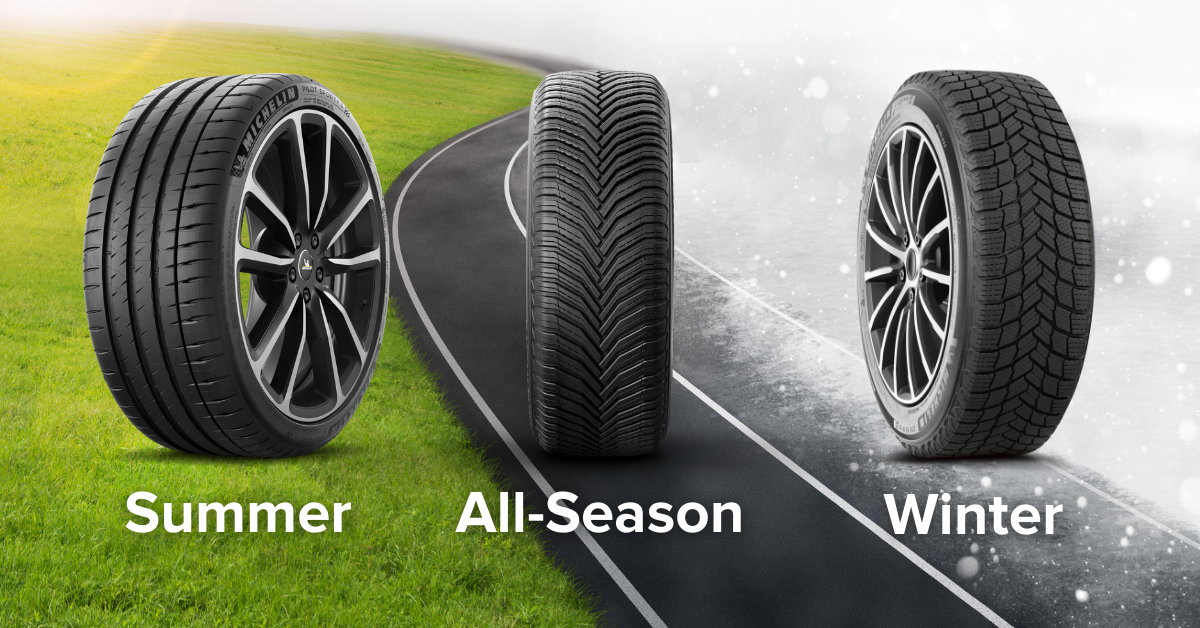
Why Do I Need Different Winter & Summer Tires?
Wintertime travel often increases behind-the-wheel apprehension for drivers living in America’s snowbelt. Shorter days and colder temperatures, as well as slush-, snow- and ice-covered roads all conspire to challenge a driver’s patience, skills and their tires’ traction, adding tension to daily commutes and holiday trips.
Seasonal Application of Major Tire Types

Rubber compounds are tuned for the ambient temperatures the tires are designed to encounter. Summer tires are best for warm conditions and winter/snow tires are best for cold. And while an all-season tire’s name suggests year-round capabilities, they often prove to be a Jack-of-all-trades, master of none.
During a typical vehicle’s ownership cycle or lease period, drivers will purchase at least one set of replacement tires. Since the cost of winter tires is generally equivalent, if not less than replacement tires for the vehicle, this means that equipping the vehicle with winter tires will enhance tire traction when driving conditions are at their worst without increasing the driver’s overall operating costs.
Service Life of All-Season Tires Used Year Round

Running typical all-season tires continuously means they will wear out in about three years of use and may need to be replaced before starting the third winter.
While dedicated winter tires are tuned to provide the best possible traction when road conditions are at their slipperiest, some drivers believe using them means having to buy an extra set of tires. However, the point they often overlook is that the tires they use during spring, summer and fall don’t experience any wear when they are stored during winter, which means those tires will be able to deliver more summers of service.
Service Life of All-Season Tires Combined Seasonally with Winter Tires

Alternating winter/snow tires seasonally extends the years of service received from both sets of tires.
Our experience has taught us that alternating between two sets of tires that have been designed for the driving conditions (summer’s hot, dry and wet roads vs. winter’s cold, slush, snow and ice) means having the best tires to overcome driving challenges all year round, and helps extend the combined years of service drivers get from both sets.
Start your winter on the right tires.


